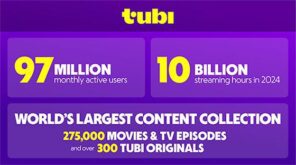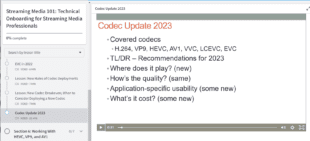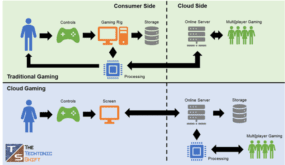I am a bit behind the times on this one, but on September 29th, 2015, the BBC launched an HTML5-based player based upon the Media Source Extensions and MPEG-DASH. You can read about their implementation in a blog post, here. The new implementation is very platform-specific, and BBC announced that they were testing on the following platforms.
- Firefox 41
- Opera 32
- Safari on iOS 5 and above
- BlackBerry OS 10.3.1 and above
- Internet Explorer 11 and Microsoft Edge on Windows 10
- Google Chrome on all platforms

According to the blog post, the BBC implementation is based upon the dash.js project which is an open-source implementation of an MPEG-DASH player “using client-side JavaScript libraries that leverage the Media Source Extensions.” Interestingly, BBC reported that they would continue to support the Flash Player for “at least the next few years.” Here’s that part of the discussion.
This is the first step towards making the HTML5 player our default, but we recognise that many users will rely on our Flash Player for some time to come. We plan to continue supporting Flash on the desktop for at least the next few years. This is partly because playing video using HTML5 requires a more powerful computer than Flash, and we don’t want to leave behind those users who cannot, or do not wish to, upgrade.
This is the first I’ve heard that using the Media Source Extensions and DASH might require more CPU horsepower than Flash, but since the BBC have obviously been testing, you have to take their word for it.
The whole issue of Flash’s longevity is becoming critical. Many off-the-shelf players that implement technologies like HLS depend on Flash for decode on some platforms. They don’t call the Flash Player, they simply borrow the H.264 decode capability, and perhaps some other resources. No Flash Player installed on the system, no HLS playback, which means the whole schema doesn’t work. Imagine learning that after making a decision to transcode your entire library into HLS. Oops.
On one hand, every week we see another report that Flash is a security black hole, and a browser vendor limiting Flash playback in one or more ways. Heck, Adobe recently added HTML5 support to Adobe Primetime, which used to support only Flash. On the other hand, virtually all major networks still rely upon the Flash player because DRM/advertising isn’t quite ready under HTML5, BBC notwithstanding, and now BBC is telling us that Flash Player will be around for another “few years.”
This table is a collection of data I compiled in early September to see which player was used by different websites from different sources (click here to view the raw data). The test procedure was to navigate to the site using an up-to-date version of Chrome, find and play a video, then right click and check which player was called. As you can see, broadcast is still exclusively Flash based, which makes it difficult to imagine that any browser would discontinued Flash in the next 12 to 18 months.

That said, if you’re migrating from Flash to HTML5 today, it makes less and less sense to choose a technology that depends on Flash for playback on some platforms. It’s enough to drive a company to push forward with MPEG-DASH, as BBC have done, while keeping Flash fallback an option for legacy browsers.
 Streaming Learning Center Where Streaming Professionals Learn to Excel
Streaming Learning Center Where Streaming Professionals Learn to Excel







